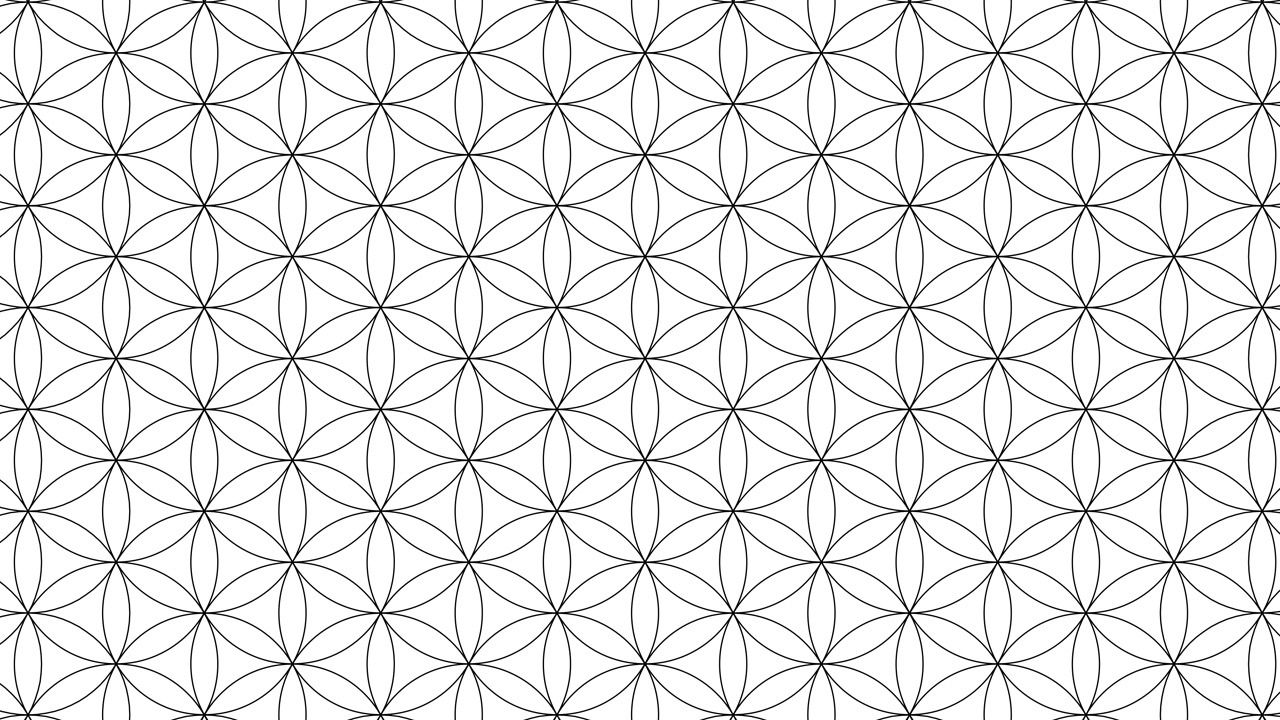Happy New Year - Happy New You
- doctriss
- Apr 1, 2024
- 2 min read
In our modern world, time is both a constant companion and a perpetual challenge. The Gregorian calendar, with its 12-month structure, has long been the standard by which we organize our days, weeks, and years. However, as society evolves and our understanding of time deepens, there is a growing recognition of the limitations of this traditional calendar system. Enter the 13-month lunar calendar—a revolutionary concept that promises to revolutionize the way we perceive and interact with time. By aligning our lives more closely with the natural rhythms of the moon and embracing a more balanced and harmonious approach to timekeeping, the transition to a 13-month lunar calendar offers a host of benefits that can enhance our personal well-being, foster cultural harmony, and promote global cooperation. In this exploration, we will delve into the myriad reasons why moving to a 13-month lunar calendar is not just advantageous, but essential for the future of our society.
Balanced Calendar: A 13-month calendar provides a more balanced distribution of days throughout the year, resulting in each month having nearly the same number of days. This eliminates the need for irregularly sized months like we have in the current 12-month calendar.
Consistent Weekdays: With 13 months, each month starts on the same day of the week, making it easier to plan events, schedules, and recurring activities without the disruption caused by varying month lengths.
Improved Planning: Businesses, schools, and organizations can benefit from the consistent structure of a 13-month calendar, leading to better long-term planning, budgeting, and scheduling.
Reduced Seasonal Variation: A 13-month calendar can help mitigate the effects of seasonal variations by evenly distributing the days across the year, resulting in more consistent weather patterns and agricultural cycles.
Simplified Accounting: For financial purposes, a 13-month calendar simplifies accounting processes by providing equal-length fiscal periods, making budgeting and financial reporting more straightforward and accurate.
Enhanced Time Management: With a consistent 28-day month structure, individuals can develop more effective time management habits, leading to increased productivity and efficiency in both personal and professional endeavors.
Cultural Harmony: Adopting a 13-month calendar can promote cultural harmony by accommodating diverse cultural practices and religious observances that are currently disrupted by the irregularities of the Gregorian calendar.
Global Standardization: A 13-month calendar could potentially serve as a global standard, facilitating international communication, trade, and collaboration by providing a common framework for organizing time.
Environmental Benefits: A more evenly distributed calendar could lead to reduced energy consumption and environmental impact by optimizing resource usage and minimizing the need for seasonal adjustments.
Personal Well-being: The regularity and predictability of a 13-month calendar can contribute to overall well-being by reducing stress and anxiety associated with the uncertainty and inconsistency of the current calendar system.
I invite you to reflect on the insights shared and consider the profound implications of embracing a new way of measuring time. Love to hear your thoughts on this transformative concept and how it resonates with your own experiences and aspirations. Together, let us envision a future where time is not just a measure of days and months, but a reflection of our collective harmony with the natural world and each other.







Comments